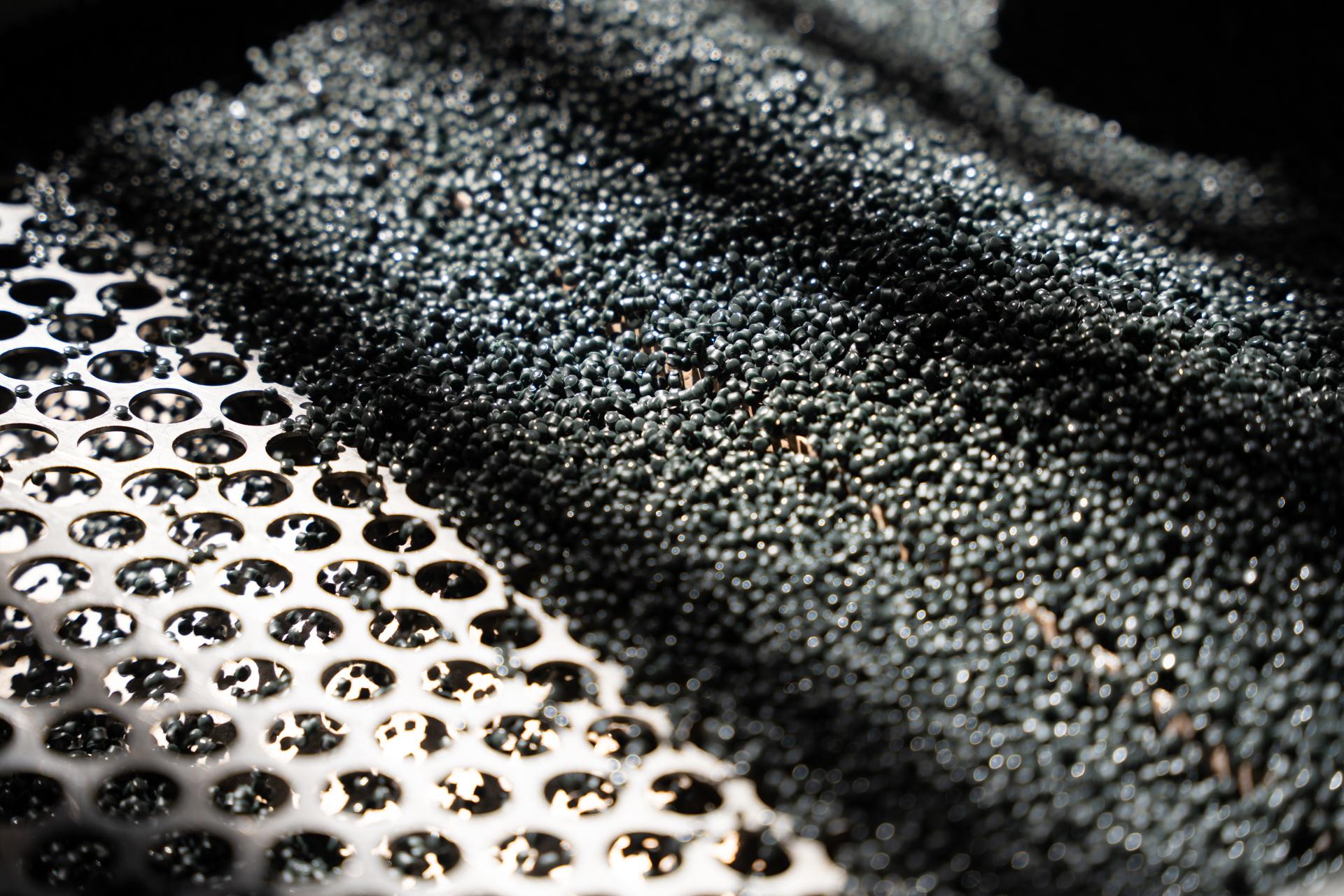"We are the first generation to know that we are ruining our planet and we are the last generation that can do something about it. Healix is a Maastricht-based cleantech start-up that aims to solve the "plastic problem.
Marcel Alberts, founder and director of Healix: "We transform discarded ropes and nets from fishing and agriculture into 'circular polymers' of very high quality." In other words, plastic pellets that customers can use to make new products again.
Virgin but not new
Virgin but not new
"The granulate has a very high quality," Marcel explains, "similar to 'virgin' granulate, as new plastic is also called." But so it is not new, because for this startup, circularity is paramount.
Synthetic yarn gets a second life
Marcel says more: "At Healix, we are creating a circular future for waste synthetic yarn. Our polymers are of such high quality that they are used for 'closed loop recycling'. That is, our customers can turn them back into new ropes and nets."
"At Healix, we are creating a circular future for waste synthetic yarn."
A useful circular run!
The Israeli company Tama is Healix's first customer. It turns the granulate into new strings for bundling hay, among other things. "But of course, companies can also make all kinds of other useful plastic products from the granulate," Marcel adds. "Such as shampoo bottles, pipes and tubes, pallets and crates and soon even bicycles."
From a linear to a circular industry
From a linear to a circular industry
Marcel has always had a passion for technical fibers and their potential applications. "I had just sold the majority of shares in my company FibrXL in 2019, just before the corona crisis started. Then corona broke out and suddenly I was sitting at home. After an online session 'Creating Opportunities with corona,' it occurred to me that there is another problem we need to address as an industry: the switch from a linear to a circular industry." Marcel dove further into this.
"My former customers asked for a solution for their waste streams. I then organized a hackathon to talk about this topic. And I soon decided after this to start a circular business myself. My old employer wished me luck and said, 'Let me know when you have a business case, because we might want to invest.'"
Healix was born
Marcel: "It went super fast from then on. I got bizarre reactions and proposals to do things together. Tama was our first customer, the company that makes straw ropes. We designed the factory and the process, and in two or three months I had my first business case in place."
Where will Healix be in 5 years?
Where will Healix be in 5 years?
Marcel is convinced that discarded ropes and nets should be recycled close to the source. "You need special permits to transport waste across national borders. That means not only a transport burden on the environment, but also a lot of paperwork. There is an awful lot of material available in different locations that we can work with. We therefore plan to build new plants within a few years in Norway and France, among others, based on the blueprint of the Maastricht plant."
NOW!
In conclusion, does Marcel have any tips for other entrepreneurs who, like Healix, want to do business more sustainably, smarter and with more attention to social transitions? Marcel: "Absolutely! It's actually very simple: stop talking, start doing, NOW!

